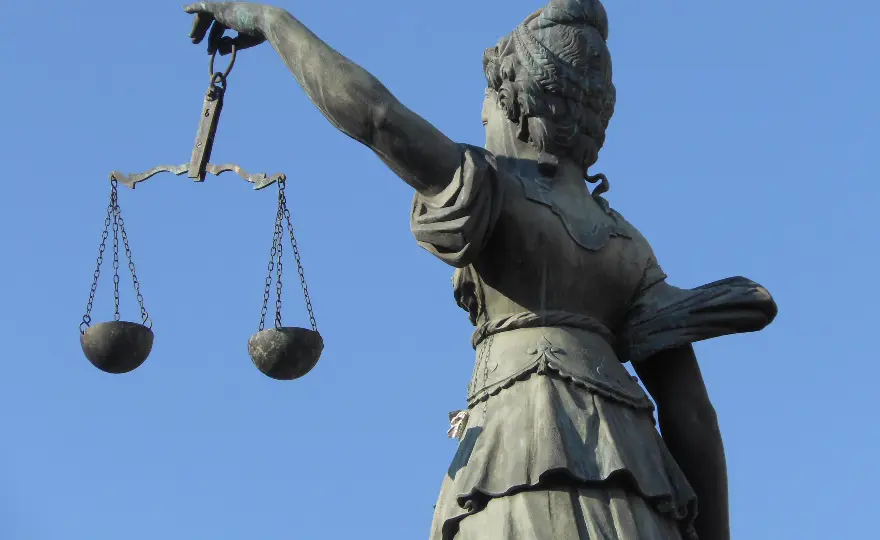ClientEarth Communications
6th July 2016


A UN committee has found that the EU is breaching the Aarhus Convention access to justice law.
The Aarhus Convention Compliance Committee ruled after ClientEarth brought a case against the EU for stopping citizens taking environmental cases to the European Court of Justice.
ClientEarth Senior Lawyer Anaïs Berthier said: “This finding proves what we have been saying for years. The EU is not respecting the Aarhus Convention, which it ratified and agreed to comply with by allowing campaigners and citizens protect the environment through the EU Courts.”
The Committee said the way the European Court of Justice has been interpreting EU rules on access to the court breaches the Aarhus Convention. The regulation which applies the Convention also puts the EU in violation of the Convention. The Committee called for the regulation to be amended to ensure individuals and NGOs go to court to challenge the decisions of EU institutions in environmental matters.
Now, the European Commission has until 25 July to respond. The Compliance Committee may take its reply into consideration, but is unlikely to change its findings on the access to justice law before the final version is published in late September 2016.
ClientEarth first brought the case in 2008. In preliminary findings in 2011, the Aarhus Compliance Committee said that if the EU Court continued interpreting the Treaty as it had been - blocking access to the courts without compensation through adequate administrative remedies - the EU would be in breach of the law. Neither of these two failings has been fixed, which led the Committee to decide that the EU is now in violation of the Convention.
The Compliance Committee’s findings will not be legally binding as they’re part of a UN non-confrontational process. However, in ratifying the Convention, the EU has agreed to comply with decisions of the Compliance Committee. It now needs to adopt the right political stance and show it is accountable. EU judges ruling on environmental access to justice cases will also have to take a position on the Committee’s findings.
Allowing NGOs and citizens to bring cases in the EU Court will not only make the EU more democratic but ensure better implementation and enforcement of environmental law. This would result in stronger protection for people’s health and the environment.